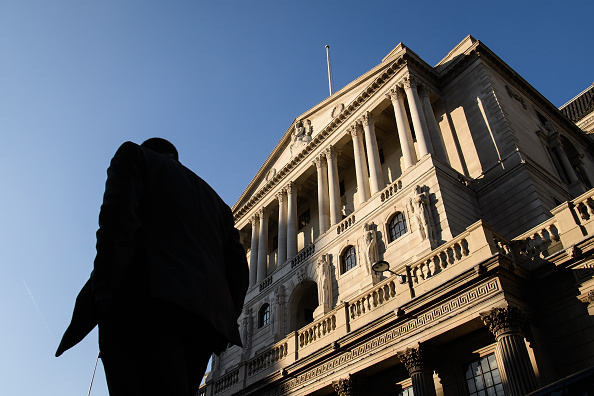British public’s inflation expectations hit 10-year high

The British public’s expectations for inflation over the next five years has risen to the highest level in more than a decade.
The Bank of England’s quarterly survey showed that the public’s average inflation expectations in five years has risen to 3.8 per cent, compared to 3.4 per cent in February.
But short-term expectations over the next year fell to 3.1 per cent from 3.2 per cent the previous quarter.
Read more: Interest rates would be hiked in orderly Brexit, Bank says
EY Item Club analyst Howard Archer said it was “mixed news” for the Bank’s monetary policy committee (MPC), which has adopted a ‘wait and see’ approach on interest rates recently due to Brexit uncertainty.
“The slight dip in inflation expectations on a one-year horizon may well have been influenced by Brexit being delayed from late-March to 31 October,” he added.
“There are concerns that prices could be pushed up by a disruptive “no deal” Brexit that causes sterling to fall significantly and push up import prices.”
The MPC voted to hold interest rates at its most recent meeting at the beginning of May, as it painted a picture of an economy propped up by household spending amid Brexit uncertainty.
The Bank maintained its view that “an ongoing tightening of monetary policy” from now until 2022 was the right course, largely due to its prediction that excess demand will pick up strongly in the economy.
Inflation rose above the Bank’s two per cent target to 2.1 per cent in April after the Ofgem price cap was increased, pushing up energy prices.
Read more: UK inflation rises above two per cent target as energy costs increase
However, inflation in 2020 is expected to be lower than originally forecast, at around 1.7 per cent, thanks largely to falling wholesale gas and electricity prices.
Archer added that latest public survey was unlikely to markedly influence the MPC’s current thinking and predicted interest rates to remain at 0.75 per cent through the rest of 2019.